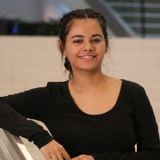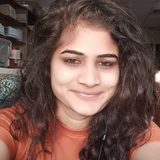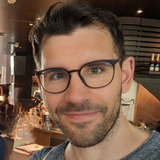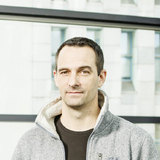The Question
How is genetic information recombined during meiosis? Which proteins mediate DNA double strand break (DSB) formation, DSB processing and DNA repair during meiosis to ensure recombination of genetic traits? What are the underlying molecular mechanisms? Meiosis is a specialized, two-step cell division that ensures the reduction of the genome prior to the formation of generative cells. During meiosis, homologous chromosomes are segregated during the first, and sister chromatids during the second division. As there is no intervening DNA replication between the two meiotic divisions, each of the final division products contains only half of the initial DNA content. For a given diploid organism the developing generative cells are then haploid. It is important to note, that during meiosis, genetic information between maternal and paternal chromosomes is mutually exchanged, leading to novel combinations of genetic traits in the following generation.









